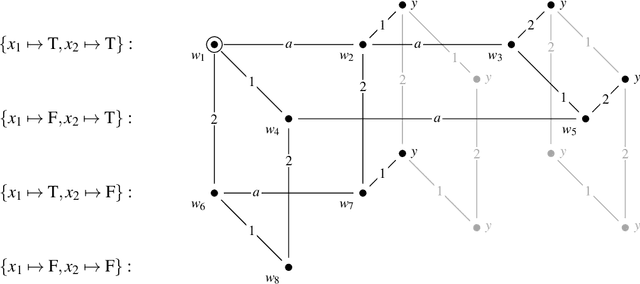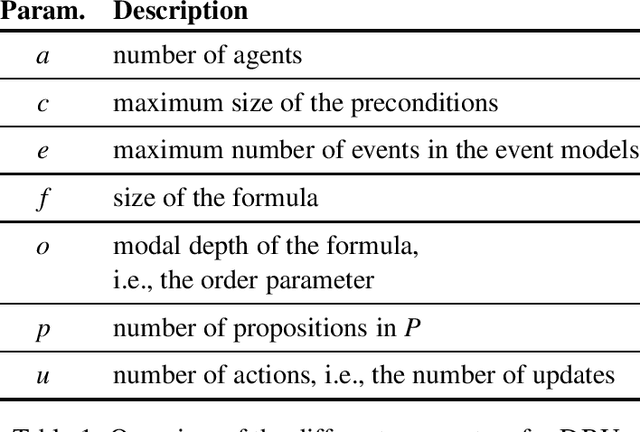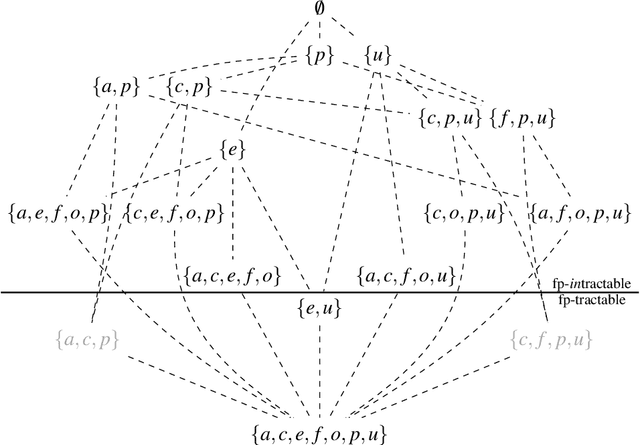Iris van Rooij
Radboud University Nijmegen, Donders Institute for Brain, Cognition and Behaviour
Computational Complexity of Segmentation
Feb 06, 2022



Abstract:Computational feasibility is a widespread concern that guides the framing and modeling of biological and artificial intelligence. The specification of cognitive system capacities is often shaped by unexamined intuitive assumptions about the search space and complexity of a subcomputation. However, a mistaken intuition might make such initial conceptualizations misleading for what empirical questions appear relevant later on. We undertake here computational-level modeling and complexity analyses of segmentation - a widely hypothesized subcomputation that plays a requisite role in explanations of capacities across domains - as a case study to show how crucial it is to formally assess these assumptions. We mathematically prove two sets of results regarding hardness and search space size that may run counter to intuition, and position their implications with respect to existing views on the subcapacity.
Parameterized Complexity Results for a Model of Theory of Mind Based on Dynamic Epistemic Logic
Jun 24, 2016


Abstract:In this paper we introduce a computational-level model of theory of mind (ToM) based on dynamic epistemic logic (DEL), and we analyze its computational complexity. The model is a special case of DEL model checking. We provide a parameterized complexity analysis, considering several aspects of DEL (e.g., number of agents, size of preconditions, etc.) as parameters. We show that model checking for DEL is PSPACE-hard, also when restricted to single-pointed models and S5 relations, thereby solving an open problem in the literature. Our approach is aimed at formalizing current intractability claims in the cognitive science literature regarding computational models of ToM.
* In Proceedings TARK 2015, arXiv:1606.07295
 Add to Chrome
Add to Chrome Add to Firefox
Add to Firefox Add to Edge
Add to Edge